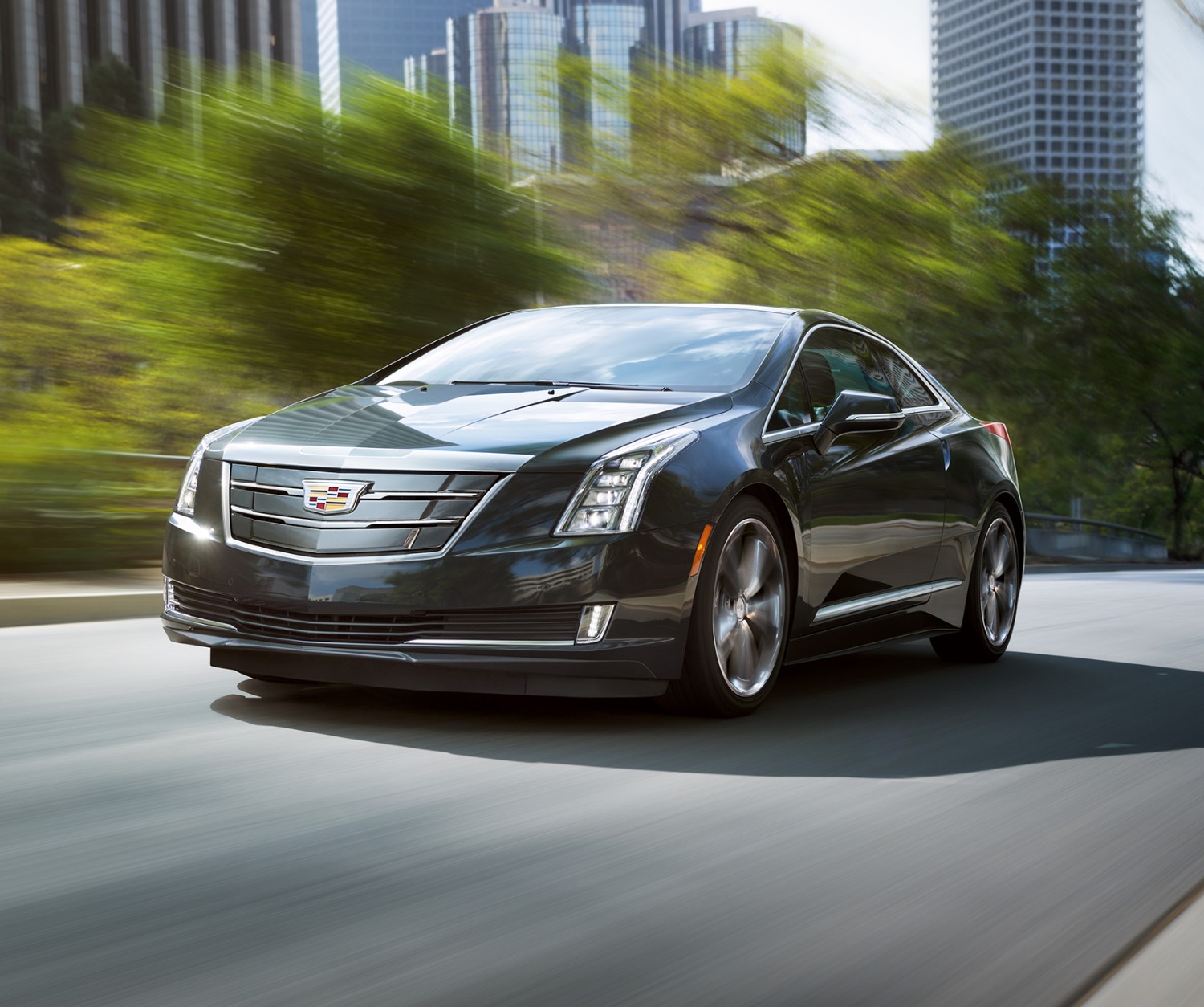Major breakthrough for electric cars
 |
| Cadillac ELR electric car – Supercapacitor Batteries made from Graphene rather than Lithium Ion could be the final nail in the coffin of fossil fuel powered automobiles |
The problem of limited range and slow recharge times has been an important factor curbing the wide-spread adoption of electric cars. But scientists in South Korea have developed a new technology which could solve the problem.
The lithium-ion batteries used in most of the current generation of electric cars have limitations. They are expensive and store insufficient power for the needs of many drivers, requiring frequent top-ups. And when they have to be recharged the charging process is time consuming.
The technological breakthrough could solve these problems. And in the process, Dr Lu Wu of the Gwangju Institute of Science and Technology in South Korea has discovered a new use for the miracle substance graphene.
Strictly speaking the new battery technology uses a supercapacitor, rather than a battery, but both supercapacitors and batteries store electricity. A supercapacitor stores energy on the surfaces of materials in the form of static electricity.
Graphene is a form of carbon which is a single atom thick. It is therefore particularly suitable as material for a supercapacitor, because a small amount of it has a staggering surface area: one gram can cover 2,675m sq.
In theory, graphene supercapacitors could be used to store much more energy per kilogram than lithium-ion batteries.
Dr Lu has managed to produce sufficient quantities of graphene in a form that can be used in a supercapacitor, The Economist reports. First he produced graphite oxide. Next, he heated it to split the graphite into graphene sheets. Then he removed the surplus oxygen. Finally he incorporated the graphene sheets into a supercapacitor.
The supercapacitor worked well. It stored as much energy per kilogram as a lithium-ion battery and could be charged up in less than four minutes. It is likely that a refined version of the supercapacitor will exceed lithium-ion batteries' storage capacities in due course.
The next stage will be to scale up the technology and commercialize it.
That would get rid of the range problem that electric cars now suffer from. And, if a crude first attempt such as this can match a lithium-ion battery’s energy-storage ability, a refined version would surely exceed it markedly. How long such a supercapacitor would function for remains to be seen. But if it proves as durable as a battery—and if it can be made reliably and cheaply—then it may turn out to be the breakthrough that changes the future of motoring.
